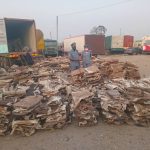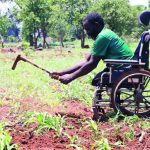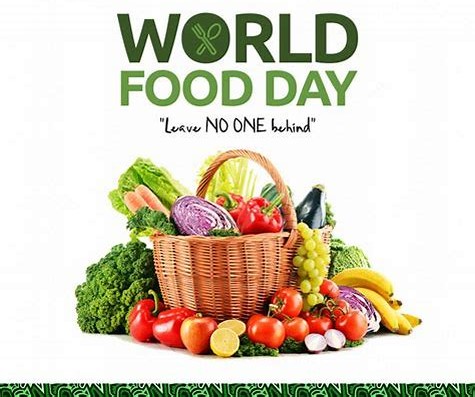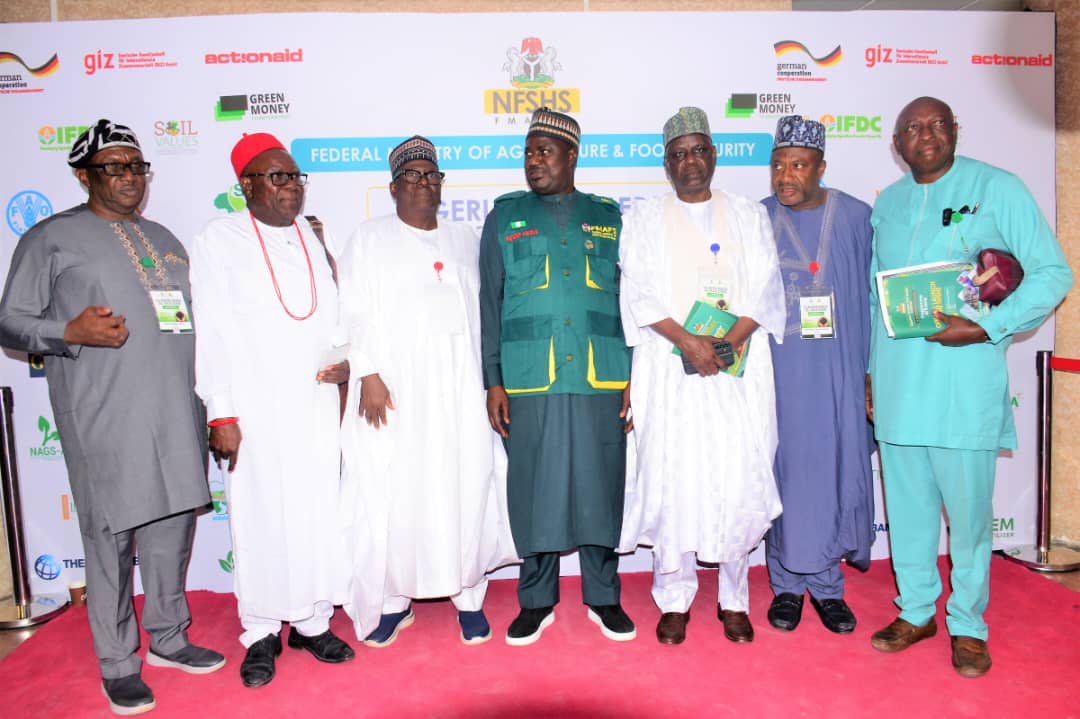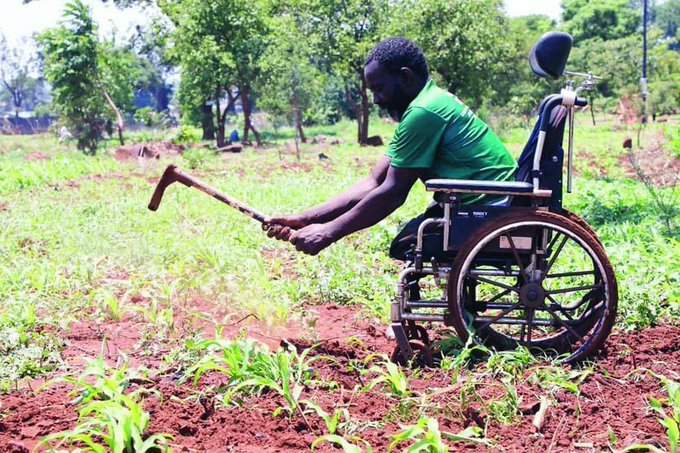Nigeria took another bold step in the efforts to promote agriculture and increase food production in country on Tuesday. At a ceremony in Kaduna State, the federal government launched the $538 million agro-industrial drive that will cut across eight states. The Special Agro-Industrial Processing Zones (SAPZ) programme is backed by the African Development Bank, AfDB in its aggressive drive to support agriculture in the country.
The task was jointly done by Vice president Kashim Shettima and Dr. Akinwumi Adeshina, president of African Development Bank, AfDB.
With the project, the government is targeting over 60,000 jobs per pilot state.
Apart from that it is also designed to achieve the dream of cutting down on food imports, which was to be achieved by boosting the output of food production. For instance, the National Bureau of Statistics, NBS said that
Nigeria spent $4.7bn on food imports in 2024. That needs to be reversed, particularly for a country that has the right elements for massive food production, and had at some time in the past built her economy on agriculture.
It is expected that the second leg of the launching would be done on Thursday in Cross River State.
The programme is a joint effort by the Federal Government, the African Development Bank, and state governments — with support from international development partners. The SAPZ is a programme designed to reposition Nigeria’s agriculture as a catalyst for industrialisation and rural transformation.
Speaking during the launching, Dr Adesina said , ‘We are turning zones of economic misery into zones of economic prosperity’. Governor Uba Sani joined the vice president and the AfDB president in Kaduna as well as Senator Abubakar Kyari, the minister of agriculture and food security.
The first phase of the SAPZ project covers eight locations: Kaduna, Kano, Kwara, Cross River, Imo, Ogun, Oyo, and the Federal Capital Territory. It is backed by $210 million from the AfDB, with additional financing from the Islamic Development Bank, the International Fund for Agricultural Development (IFAD), and private sector partner ARISE Integrated Industrial Platforms.
As noted by the Federal Ministry of Agriculture and Food Security, the initiative will create regional hubs that link farmers to processors and markets, dramatically reducing post-harvest losses while raising incomes and yields.
According to the Ministry, ‘The SAPZ model aligns with the government’s goal of creating jobs, enhancing food self-sufficiency, and driving rural development.’ The zones will be equipped with Agro-Industrial Hubs, Agricultural Transformation Centres, and Aggregation Points. This last is done to streamline farm-to-market infrastructure.
The Kaduna State Government has made it clear that the state’s SAPZ will concentrate on the production of maize, soybeans, ginger, and tomatoes.
In Cross River, authorities plan to harness the state’s agricultural strengths in cocoa, cassava, and rice. Both states have strategically located their SAPZ hubs near research-intensive institutions — Ahmadu Bello University in Kaduna and the University of Calabar — to drive innovation and skilled talent development.





